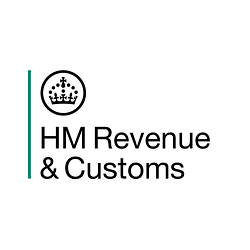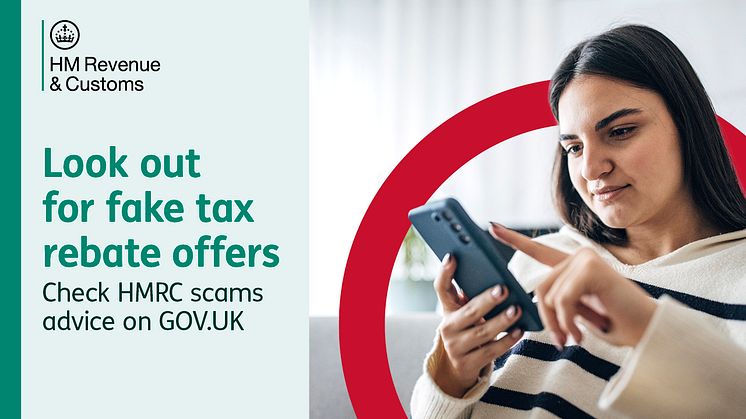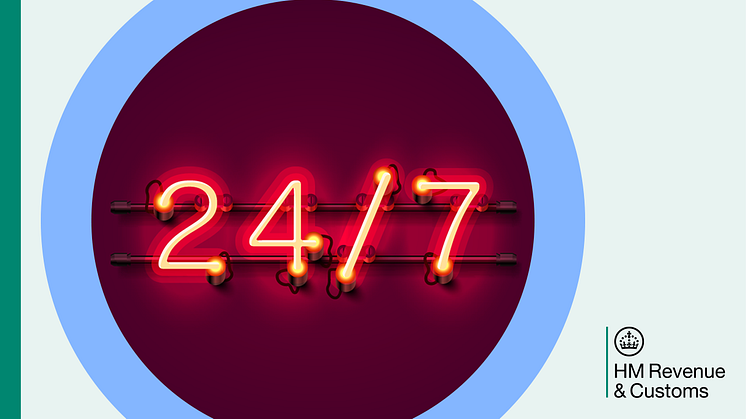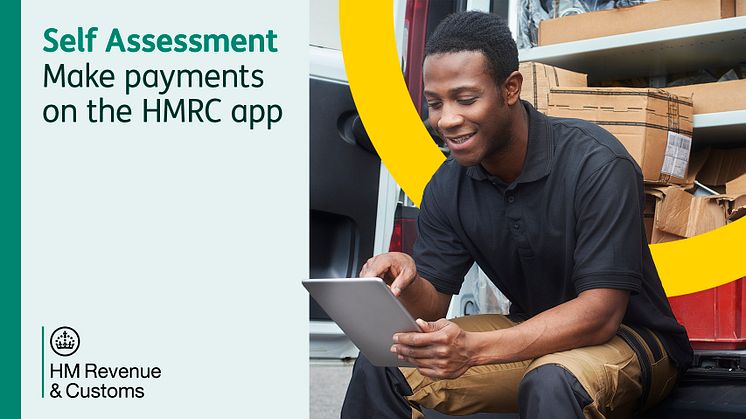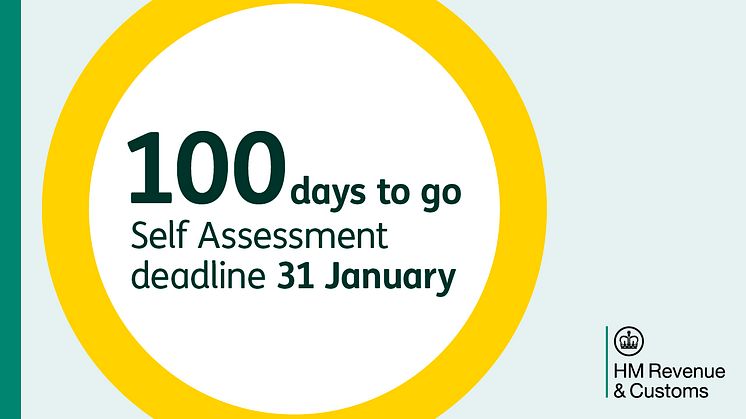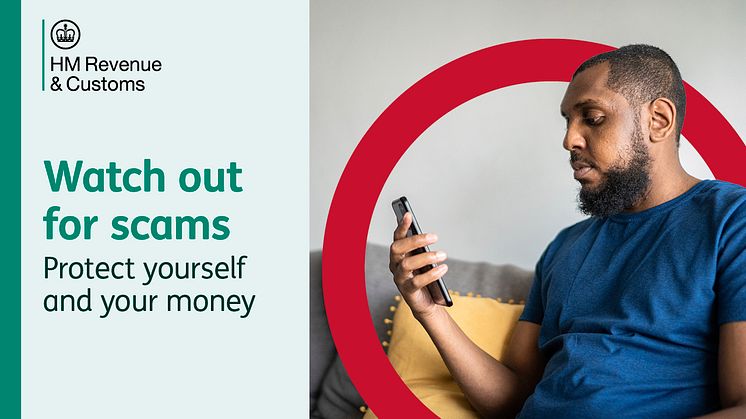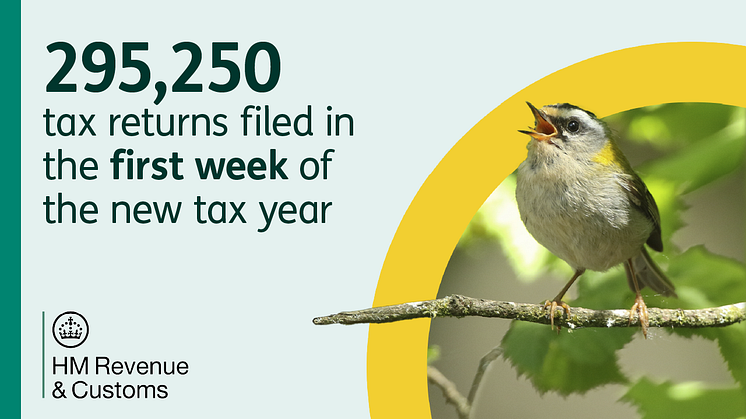
Press release -
300,000 file tax returns in the first week of the tax year
Almost 300,000 Self Assessment customers filed their tax return in the first week of the new tax year, almost 10 months ahead of the deadline, HM Revenue and Customs (HMRC) has revealed.
Customers can file their Self Assessment returns for the 2023 to 2024 tax year between 6 April 2024 and 31 January 2025.
Almost 70,000 people filed their return on the opening day this year (6 April) and HMRC is encouraging people to do it early and not to leave it until January.
Visit GOV.UK to find out more about Self Assessment and how to file a tax return.
By filing tax returns early, people can take their time to complete their returns – making sure the information is accurate and avoiding the stress of last-minute filing.
It can also help with budgeting and helping spread the cost of their tax bill. Customers can set up a budget payment plan to make weekly or monthly direct debit payments towards their next Self Assessment tax bill.
Refunds of overpaid tax will be paid as soon as the return has been processed. Customers can also check if they are due a refund in the HMRC app.
In recent years, HMRC has seen more and more customers file their tax returns early. Last year, more than 246,000 people submitted their Self Assessment between 6 and 12 April 2023.
Myrtle Lloyd, HMRC’s Director General for Customer Services, said:
“Filing your Self Assessment early means people can spend more time growing their business and doing the things they love, rather than worrying about their tax return.
“You too can join the thousands of customers who have already done their tax return for the 2023-24 tax year by searching ‘Self Assessment’ on GOV.UK and get started today.”
HMRC has updated guidance on filing tax returns early and help around paying tax bills on GOV.UK.
Anyone who is new to Self Assessment and thinks they might need to complete a tax return for the 2023 to 2024 tax year can use the Self Assessment online tool to check whether they need to register for Self Assessment and submit a return.
People may need to complete a tax return for the 2023 to 2024 tax year and pay any tax owed if:
- they are a self-employed individual with an income over £1,000
- they have received any untaxed income over £2,500
- they are renting out one or more properties
- they claim Child Benefit and they or their partner have an income above £50,000
- they are a partner in a partnership
- their taxable income earned from savings and investments is more than the £10,000 personal savings allowance
- their taxable income earned from dividends is more than £10,000
- they have paid Capital Gains Tax on assets that were sold for a profit above the Capital Gains threshold
A full list of who needs to complete a tax return is available on GOV.UK.
Pensioners are required to pay Income Tax on any taxable income, including their pension income, above their Personal Allowance threshold. There are different ways to pay any tax owed, depending on the individual’s circumstances, including:
- if they already complete a Self Assessment tax return, they will need to report and pay via this route
- if they have a PAYE tax code, HMRC will automatically collect any tax through their tax code
Alternatively, if a pensioner does not already pay tax via Self Assessment or PAYE, HMRC will send them a Simple Assessment summary. The Simple Assessment will tell them how much Income Tax they need to pay and the deadline – usually by 31 January following the end of the tax year. HMRC produces the Simple Assessment from the information it already holds so people do not need to do anything - there is no form to complete. More information about Simple Assessment is available on GOV.UK.
It is important that customers let HMRC know if there are any changes in details or circumstances such as a new address or name, or if they are no longer self-employed or their business has closed. They should not assume someone else will update HMRC on their behalf. If customers no longer need to do Self Assessment, they will need to tell HMRC. There are videos on YouTube that explains how to stop Self Assessment.
Criminals use emails, phone calls and texts to try to steal information and money from taxpayers. Before sharing their personal or financial details, people should search ‘HMRC phishing and scams’ on GOV.UK to check the sender or caller is genuine.
Customers should never share their HMRC sign-in details. Someone could use them to steal from them or claim benefits or a refund in their name.
1. Breakdown of filing data:
Date | 23-24 SA returns | 22-23 SA returns |
6 April | 67,870* | 77,517 |
7 April | 36,432* | 31,715 |
8 April | 50,428 | 18,896* |
9 April | 43,736 | 14,377* |
10 April | 36,678 | 29,284 |
11 April | 32,092 | 38,006 |
12 April | 28,014 | 36,415 |
Total | 295,250 | 246,210 |
* weekend days
2. To deal with increasing demand we’re enhancing and expanding our digital services to give customers the quick and easy ways to manage their tax affairs that they expect. Our helpline and webchat advisers will always be there to support those who are vulnerable, digitally excluded, or have complex tax affairs.
3. The High Income Child Benefit Chargethreshold increased to £60,000 from 6 April 2024, which will apply to tax returns for the 2024 to 2025 tax year.
4. Follow HMRC’s Press Office on X @HMRCpressoffice
Related links
- Self Assessment tax returns
- Pay your Self Assessment tax bill
- File your tax return early
- Self Assessment tax returns - Who must send a tax return
- Income Tax rates and Personal Allowances
- Check your Simple Assessment tax bill
- Tell HMRC about a change to your personal details
- Stop being self-employed
- YouTube videos that explain how to stop Self Assessment
- High Income Child Benefit Charge
- Check if you need to send a Self Assessment tax return
Topics
Categories
Issued by HM Revenue & Customs Press Office
HM Revenue & Customs (HMRC) is the UK’s tax authority.
HMRC is responsible for making sure that the money is available to fund the UK’s public services and for helping families and individuals with targeted financial support.

